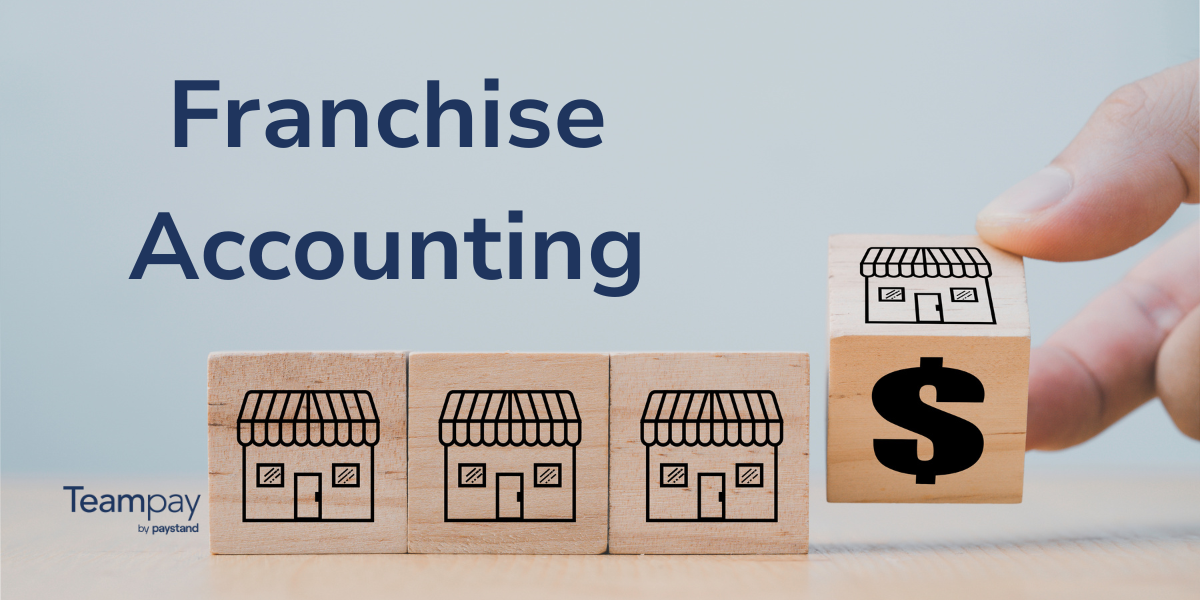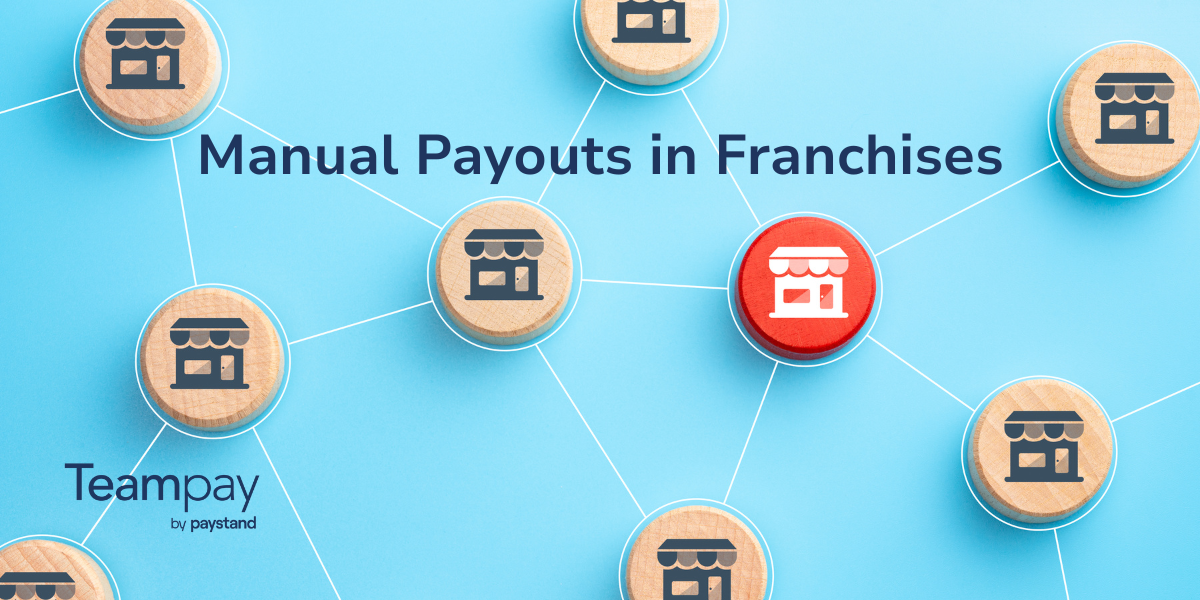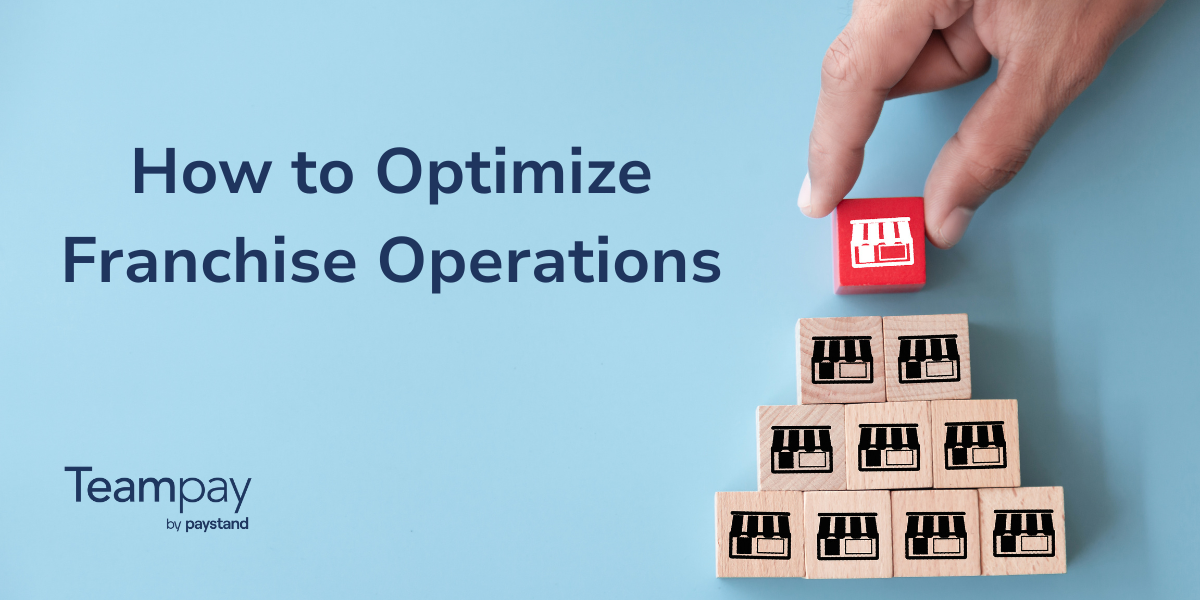Table of Contents
Key Takeaways
- Automation technologies like RPA and AI offer finance teams a cost-effective way to eliminate manual tasks and create a healthy cash flow.
- It is now possible to automate several financial management tasks in accounting, accounts receivable (AR), accounts payable (AP), and more.
- New automation tools will change much of the way we work.
Automation has made huge advances in the past few years, from driverless vehicles to voice-activated AI that can perform searches for you. But these advances have their dark side: as robots become more sophisticated, they'll be able to take over jobs currently performed by humans — including finance jobs.
Of course, expectations of how much automation have changed just as rapidly as the technology.
For example, here's what Deloitte believed in 2014 about what would happen to finance jobs in the near future:

As we can see, the study assumed that much of financial management is automated. Payroll managers, credit controllers, finance managers, finance technicians, administrators and account managers are likely to see a significant increase in automation in their roles. At the other end of the spectrum, financial directors and business project management professionals appear protected—with procurement in the middle.
And that’s true—to some degree. A 2023 survey discovered that only 1% of CFOs had automated more than 76% of their financial processes. Which means, even if automation will take over many positions—we are still far from that day.
To get a better idea of automation in finance, let’s look at what we mean when we say “automation.” And will it really “take” accounting jobs? Let’s take a step back and define some of these often ambiguous terms.
What is automation?
Automation is the mechanization of repetitive and manual tasks. There are generally two ways that finance teams automate their workflows: robotic process automation (RPA) and artificial intelligence (AI).
As the predecessor to AI, RPA handles simple logic flows but fails to self-optimize. In other words, some tasks will be fully automated, but the success rate cannot improve without significant input from a human handler. These workflows are not as efficient at complex systems and decision trees, and the bot does not pick up on context.
Artificial intelligence is different in that it employs a few different technologies, such as machine learning (ML), to tap into contextual decision-making, complex workflows, and optimization. Both can be leveraged through software solutions—sometimes within the same product.
What can automation do now?
While AI has become increasingly popular, there are still many processes automated through RPA. Common examples of finance-related RPA include:
- Bookkeeping platforms that import your bank and credit card transactions
- Payroll tools that calculate employment taxes and automatically deposit them for you
- Tax preparation software that fills out parts of your tax return based on existing information
- Purchasing and expense bots that ask employees the necessary questions, forward the data to the approver, and issue a virtual card upon approval
Finance jobs, especially at lower levels, are full of data entry and other basic tasks. Any task that involves repetition or taking data from one place and putting it into another can likely be automated with today's technology.
Four types of finance automation
When we scale back, there are four main types of finance automation:
- Accounting automation offers the chance to accelerate policy and budgets enforcement, coding and reconciling transactions, syncing data into real-time reports.
- AP automation streamlines things like vendor invoices, payment approvals, and PO matching.
- AR automation makes it possible to automate invoicing and generate receipts for customer payments.
- Reporting automation can help you generate granular reports with a few clicks.
What will automation do in the near future?
Oxford University and Deloitte predicted a 95% probability that chartered accountants (the international equivalent of CPAs) will be automated out of existence over the next twenty years. The study also found that the median number of enterprise finance employees has declined by 40% since 2004, partly due to increased automation.
As artificial intelligence continues to advance, new software will be able to tackle more and more complex tasks. Consider Australian start-up Hyper Anna: it offers a virtual “data scientist” tool for financial services companies that provides analysis on revenue forecasting, supply chain management, and similar processes. Hyper Anna can even write code and provide sophisticated reports, charts, and insights from basic data.
A study by The Boston Consulting Group and the China Development Research Foundation concluded that artificial intelligence would eliminate 390,000 jobs in financial support functions by 2027, but that it would improve efficiency of the surviving jobs by 45%. The study report further predicted that “basic functional work, such as bookkeeping, report generation and data analysis” will be entirely automated within the next decade, and that AI would also be able to take on some of the burden of compliance by spotting red flags and alerting the appropriate authorities.

The good news for finance professionals is that automation is certain to create new jobs even as it eliminates old ones. Indeed, a Robert Half study predicts that automation will actually create more jobs than it replaces; the new jobs will largely involve managing the AI systems and using the information they provide. If your job is slated to be replaced by technology, then it would be a natural move to take on the role of managing that technology.
How can employees prepare for finance automation?
Automation may be on the verge of taking over certain finance functions, but others are beyond the scope of what even the most advanced AI can manage. For example, financial planning requires not only financial management skills but also emotional intelligence. Financial planners must understand how their clients feel about money in order to come up with a plan that will not only produce good results but will also be acceptable to the client. That’s something that robots simply can’t do.
In other words, finance jobs that require sophisticated high-end analysis and prediction, such as project management and finance directors, are highly unlikely to be automated away.
Finance professionals in roles that are at risk from automation would be wise to start acquiring new skills now, so that as automation continues to develop, they’ll be able to transition to a new role with a minimum of disruption.
One option would be to learn the skills you’d need to run the software that’s likely to take over your current tasks. Companies from SMB to enterprise-level will need finance professionals to help them manage new and ever more sophisticated accounting automation tools.
For example, accounting software has already automated away a number of bookkeeping tasks that used to be done by humans, but that’s just opened the door for former bookkeepers to become experts on managing that accounting software for employers and clients. The role of QuickBooks Consultant didn’t exist until QuickBooks became sophisticated enough to require an expert to set it up and manage it. Even the most advanced software isn't smart enough to run itself; it needs a human to manage it, and you can easily learn the skills you need to be that human.
How can CFOs prepare for finance automation?
Given its immense benefits, CFOs and other finance leaders will need to figure out how and when to incorporate automation into their existing processes. A good place to start is by finding out which processes are the most time-consuming for your finance department, and then seeing how much of those processes could be automated.
In a survey conducted by IMA (Institute of Management Accountants), respondents listed the following accounting processes as taking the most time and effort:

You could conduct a similar study at your own company, or simply start with the processes listed at the top of the chart. The first three items listed (balance sheet account reconciliations, variance analysis, and banking credit card reconciliations) are all tasks that can be automated in part or in full. Once you’ve established which processes would benefit most from AI, the next step is to consult with your IT department to find out what would be involved in implementing automation.
The future of finance jobs
No one can predict exactly how automation will affect the finance professions, but experts have made some predictions based on the available data. Repetitive, data-entry-intense finance jobs will be the first to be automated out, followed by more complex but rules-based tasks such as tax return preparation.
If your job falls into one of these categories, now is the time to start acquiring the skills you'll need for your future job:leveraging the automation software that will take over your dullest tasks.
To discover accounting automation technology can upgrade your work experience and free up time for important tasks, try Teampay today.











